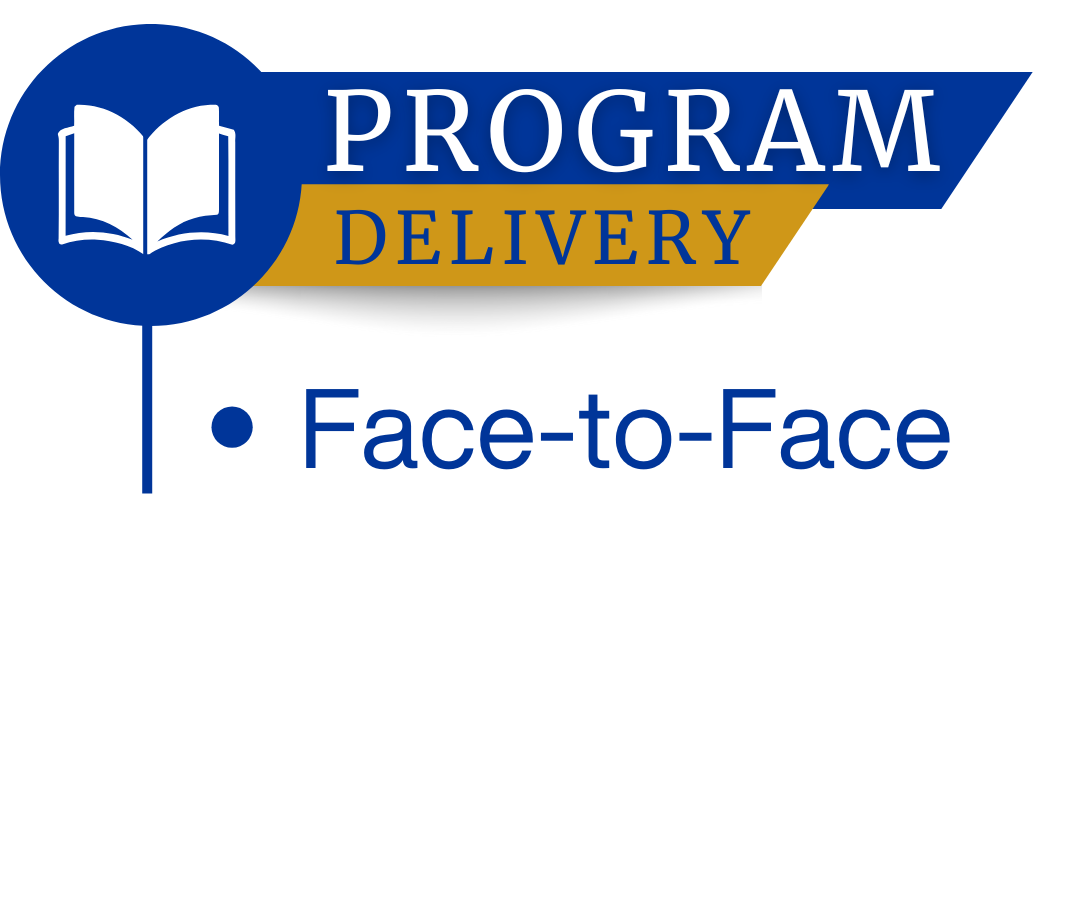
The Bachelor of Science (B.S.) in Digital Media Production degree program is designed to prepare students for careers in digital media content production and distribution.
The program provides students with the theoretical and technical competence to create meaningful and effective audio-visual content, and offers practical, hands-on experience needed to be successful content creators in an ever-changing digital industry. The program also exposes students to the process of creative ideation and discovery, as well as production asset management and organization. Graduates will be prepared to start personal ventures, work for existing media outlets/companies, or work within corporate media departments. The Digital Media Production degree program aligns with existing South Carolina Career and Technical Education (CTE) Radio and TV programs.
PROGRAM OBJECTIVES
Gradates of the Media and Communication program are expected to be able to achieve the following objectives:
The B.S. in Digital Media Production is a program in the Department of Media and Design at Lander University. Click here to learn more about the department.
The Department of Media and Design is housed in Lander University’s College of Business and Technology. For more information on the college, click here.
Transfer Pathway Guides
Lander University has developed articulation agreements with the South Carolina State Technical College system to improve students’ transition from a technical college to Lander University.
Below is the Suggested Course Sequence to help students progress smoothly through the technical college of their choice and Lander University to earn both an Associate Degree and a Bachelor of Science in Digital Media Production (LU). All courses listed are required for the degrees, except those where a range of courses is available to choose from, or where courses are listed as electives. The course sequence shown is an example and may be modified in some cases. Students should work closely with their advisor to ensure the chosen courses keep them on track for a timely graduation.
Note: The information below provides convenient links to some of the courses required for this degree; however, it should not be used as a course registration guide. Please refer to the official Lander University Academic Catalog for the most accurate and up-to-date program requirements.
| GENERAL EDUCATION REQUIREMENTS1 | CREDIT HOURS |
||
|---|---|---|---|
| A. Core Skills |
|
||
| ENGL 101 | Writing and Inquiry I | 3 | |
| ENGL 102 | Writing and Inquiry II | 3 | |
|
Approved Mathematics |
3 | ||
|
B. Humanities and Fine Arts |
|||
| ART 101 | Introduction to Art | 3 | |
| SPCH 101 | Speech Fundamentals | 3 | |
| C. Behavioral and Social Perspectives (6 hours selected from 2 different disciplines) |
6 | ||
| D. Scientific and Mathematical Reasoning | |||
| Approved Science or Mathematics | 3 | ||
| Approved Lab Science | 4 | ||
| E. Founding Documents of the United States | |||
| HIST 111R2 | United States History to 1877 OR HIST 112R2 United States History since 1877 OR POLS 101R2 American National Government |
3 | |
| F. World Cultures | 3 | ||
| G. LINK 101 | 1 | ||
| Total General Education Requirements | 35 | ||
1 For approved courses see the General Education section
2 If you already have credit for HIST 111, do not take HIST 111R; if you already have credit for HIST 112, do not take HIST 112R; if you already have credit for POLS 101, do not take POLS 101R
| MAJOR PROGRAM CORE REQUIREMENTS | CREDIT HOURS |
|
|---|---|---|
| Lower Level | ||
| COM 101 | Media Literacy | 3 |
| MEDA 110 | Intro to Digital Media Production | 3 |
| MEDA 200 | Media Skills | 3 |
| MEDA 201 | Foundations of Producing and Directing | 3 |
| MEDA 204 | Communication Design | 3 |
| MEDA 209 | Audio Production OR MEDA 202 Radio Production |
3 |
| MEDA 219 | Communication Photography | 3 |
| MEDA 261 | Broadcast Writing OR WRIT 390 Scriptwriting OR JOUR 201 Introduction to Journalism |
3 |
Upper Level |
||
| COM 421 | Seminar in Communication Law and Ethics | 3 |
| MEDA 304 | Broadcast Graphics | 3 |
| MEDA 310 | Digital Video Production | 3 |
| MEDA 312 | Advanced Audio Production | 3 |
| MEDA 350 | Web Distribution | 3 |
| MEDA 410 | Advanced Video Production | 3 |
| MEDA 460 | Emerging Media | 3 |
| MEDA 490 | Student Media Internship OR MEDA 491 Internship in Media and Communication |
3 |
| MEDA 498 | Digital Media Production Exit Project | 2 |
| MEDA 499 | Senior Capstone | 1 |
| MAJOR PROGRAM ADDITIONAL REQUIREMENTS | CREDIT HOURS |
|
|---|---|---|
|
Select Four (4)* ENGL 326: Cultural Studies in American CinemaENGL 403: Special Topics in Film Studies HUMA 370: Documentary Films HUMA 371: International Films HUMA 372: Great Film Directors MEDA 240: TV News Reporting MEDA 301: Special Topics in Mass Communication MEDA 315: Multimedia Sports Journalism MEDA 346: Digital Cinematography MEDA 380: Special Topics in Global Media MEDA 401: Special Topics in Digital Media MEDA 402: Short Film Production MEDA 403: Advanced Broadcast Graphics MEDA 450: TV Studio Production MEDA 490: Internship** or MEDA 491: Internship** SPAN 327: Hispanic Cinema in Translation SPCH 302: Voice Acting THTR 308: On-Camera Acting Techniques |
12 | |
| Total Major Program Requirements | 63 | |
| Additional Electives | 22 | |
| TOTAL FOR B.S. DEGREE | 120 | |
*Study Abroad Programs with a production related focus may be included with approval of the department chair
**An additional internship can be used as an elective only after the Major Requirements have been met.